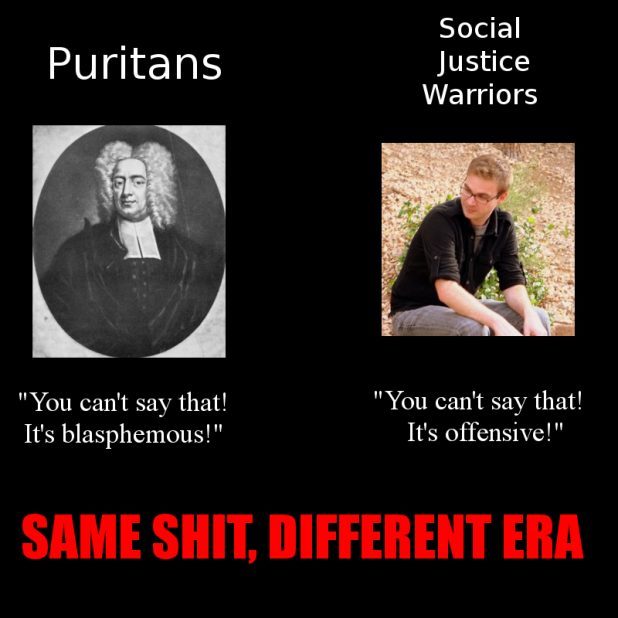Dear Peter Henkel,
Thank you for your feedback, much appreciated. Let me first restate that I really enjoyed reading your book and that I think it was very important that you wrote it, especially considering the glorification of Luther that is still going strong, especially in Germany. Thank you for that!
Some things I said about your book were perhaps a little snide, my apologies. They do have a context however, so let me try to explain, maybe you can better see where I'm coming from then.
What pleases me less are those resentful remarks that follow.
"Mainstream journalist" - how did you find that out?
That was my assumption because I read that you wrote for the Frankfurter Rundschau, which is a mainstream newspaper. The point was this: it seems to me that you are not a "fringe researcher" or a religious partisan, so I found it useful to give that background. In your book, you argue from a secular, pro-enlightenment position, which is very common in German media, politics and academia (hence "mainstream"), and your criticism of Luther comes from this spirit. Do you think this is a fair assessment?
To label you a "mainstream journalist" was sort of blanket statement though, which I now think might have been somewhat misleading, considering that by criticizing Luther, you went against his widespread glorification.
Minor details. Worse is the "anti-religious drivel" you accuse me of without any hesitation.
The reason why I put it that way is that some of your criticism of Luther comes from an Atheist perspective: if I remember correctly, at some points in the book you basically criticize him for still adhering to religion, for taking his faith serious. The way I understood it is that you are basically saying "look guys, your hero wasn't an enlightenment person, he still believed in all this religious nonsense". While I found many of your points against the Luther legacy very on-point and valid, I simply don't share this atheist blanket criticism of all things religious.
My proposal: To invest the same - or probably more - intellectual and emotional energy and honesty you invested in the context of Luther and to start to examine the credibility of the christian religion on the whole.
My promise: By discovering the truth about it (God with all his contradictions, his fabulous and implausible biography - developping from a little local weather god in a small Middle East region to the almighty creator of heaven, earth and every individual -; the bible with its magic fantasies, lies, errors, historical forgeries, cruelties, authoritarian and arbitrarian threats to those who insist on their fundamental right to refuse that faith), your satisfaction will be deeper and more intense than you felt studying the Luther story. If, to repeat it, you 'd try to be honest.
Look, I have grown up as an Atheist, and I know many of those arguments. And I'm all for criticizing the bible and ridiculing fundamentalists such as Luther.
What I don't like though is to automatically dismiss all things religion as mere superstition based on what David Berlinski called "Atheism and Its Scientific Pretensions". (His
book might interest you.)
To make a long story short, I think atheist materialism is completely wrong for a whole lot of philosophical and scientific reasons. In fact, it is itself a form of religion, and a very intolerant one at that.
What this means is that we can't just dismiss everything religious out of hand, but need to separate the wheat from the chaff. In the case of Christianity: yes, there is a lot of nonsense, but there are also great teachers and profound teachings. There's lots cruelty and stupidity, but there is also lots of love and wisdom.
So, what I'm interested in when it comes to Luther is this question: how did he affect Christian thought and practice, and by extension thought and practice of the Western world in general to this day? My conclusion is that Christianity was a lot worse off after Luther. In other words, Luther was all about nonsense and cruelty, and not about profound teachings and love/wisdom.
I hope I could clarify my position a bit.
By the way, I have a question: you mention in your book the episode of Martin Luther preaching and shaking, screaming "it is not me, it is not me", referring to demonic possession. I found that very interesting. Could you refer me to the source of this story? I did a quick search but couldn't find it. It is also mentioned in O'Hare's book "Facts about Luther", but it is given without context and sources there as well. Thank you!

